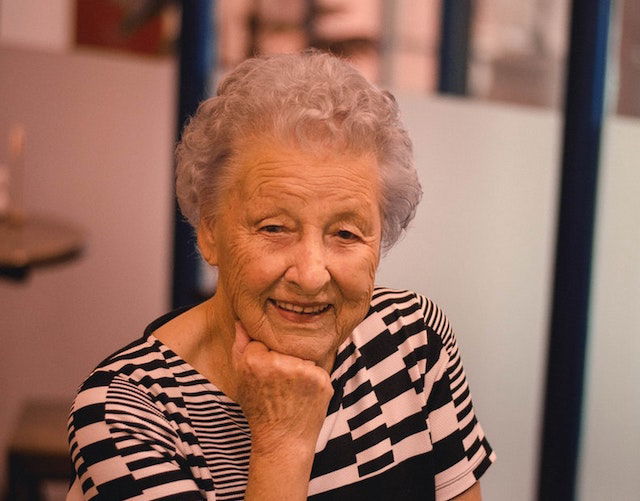
In a new study, researchers found drugs that tamp down inflammation in the brain could slow or even reverse the cognitive decline that comes with age.
They found that senile mice given one such drug had fewer signs of brain inflammation and were better able to learn new tasks, becoming almost as adept as mice half their age.
The research was conducted by a team at the University of California, Berkeley and elsewhere.
More and more research shows that, with age, the filtration system that prevents molecules or infectious organisms in the blood from leaking into the brain—the so-called blood-brain barrier—becomes leaky, letting in chemicals that cause inflammation and a cascade of cell death.
After age 70, nearly 60% of adults have leaky blood-brain barriers.
This can induce inflammatory fog, which may alter the brain’s normal rhythms, causing microseizure-like events—momentary lapses in the normal rhythm within the hippocampus—that could produce some of the symptoms seen in Alzheimer’s disease.
In the study, the team found two biomarkers—leaky barriers that MRI can detect and abnormal brain rhythms that EEG can detect—that can be used to flag people with blood-brain barrier problems, as well as a potential drug to slow or reverse the consequences.
The team also found that when they remove that inflammatory fog, within days the aged brain in mice acts like a young brain.
The successful treatment in mice supports a radical new view of what causes the confusion and dementia that often accompany aging.
In analyzing brain tissue from humans, the team found evidence of albumin in aged brains and increased neuroinflammation and TGF-β production with age.
Altogether, the evidence points to a dysfunction in the brain’s blood filtration system as one of the earliest triggers of neurological aging.
The researchers have started a company to develop a drug to heal the blood-brain barrier for clinical treatment and hope that the drug will help reduce brain inflammation—and, thus, permanent damage—after stroke, concussion, or traumatic brain injury, and eventually help older adults with dementia or Alzheimer’s disease who have demonstrated leakage of the blood-brain barrier.
The lead author of the study is Daniela Kaufer, a professor of integrative biology.
The study is published in Science Translational Medicine.
Copyright © 2019 Knowridge Science Report. All rights reserved.



